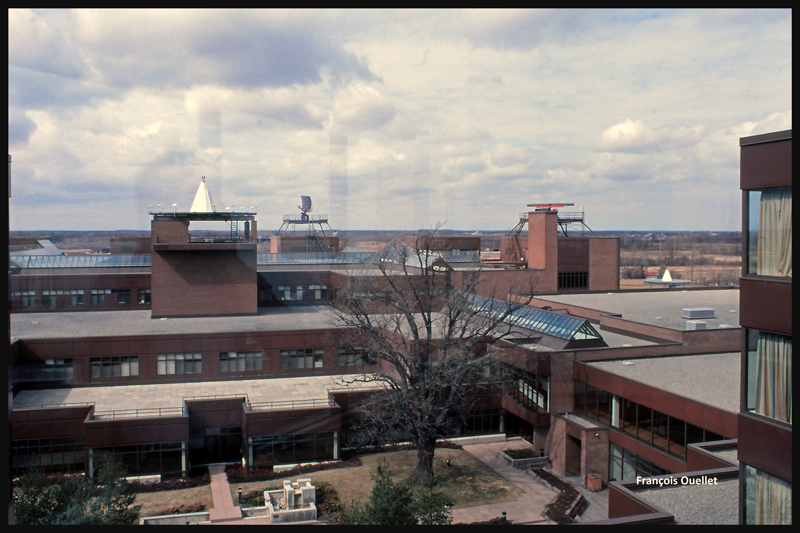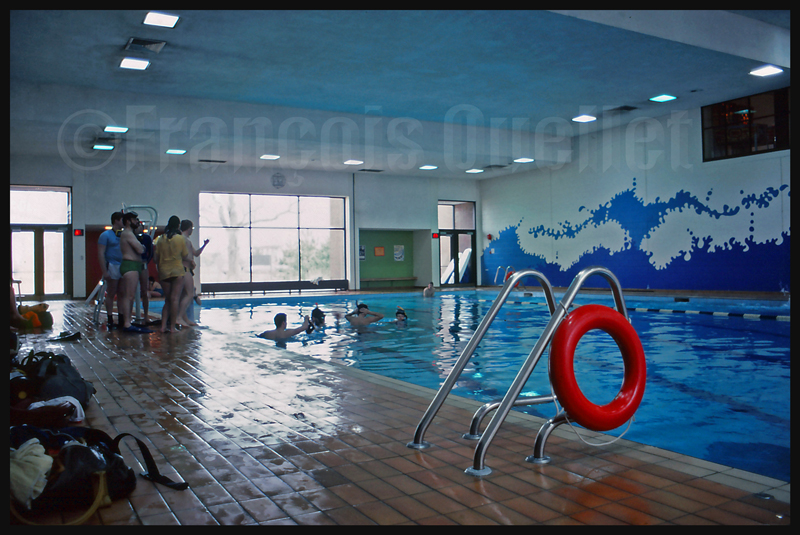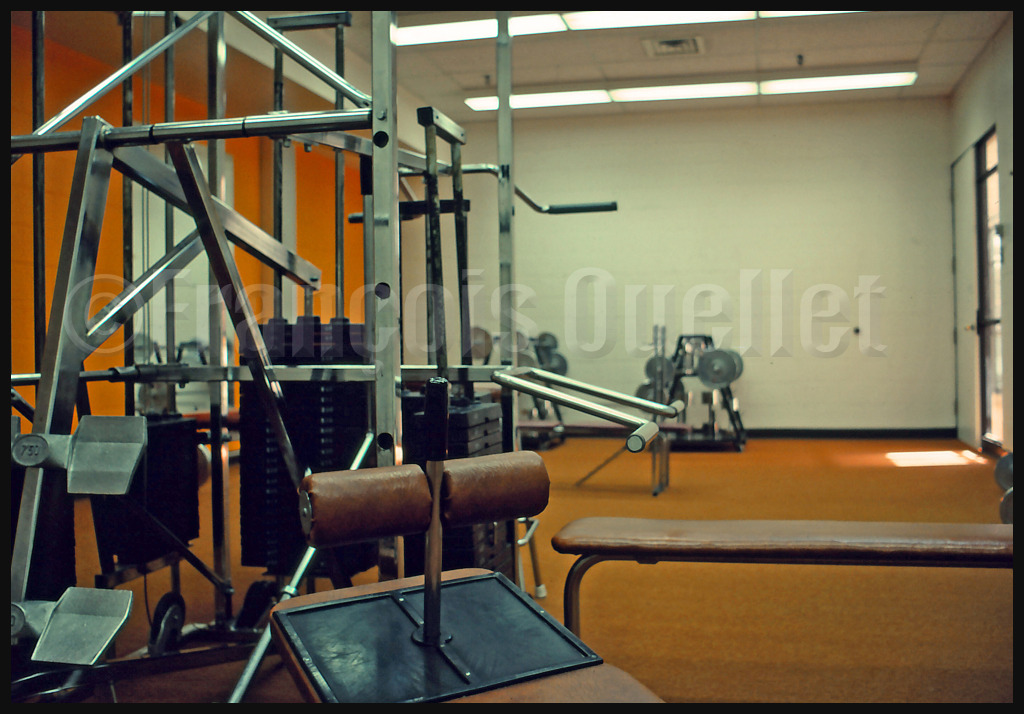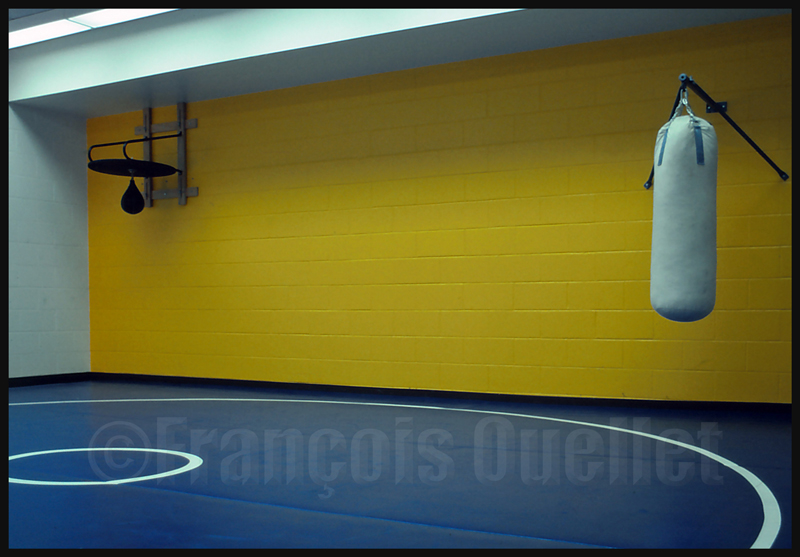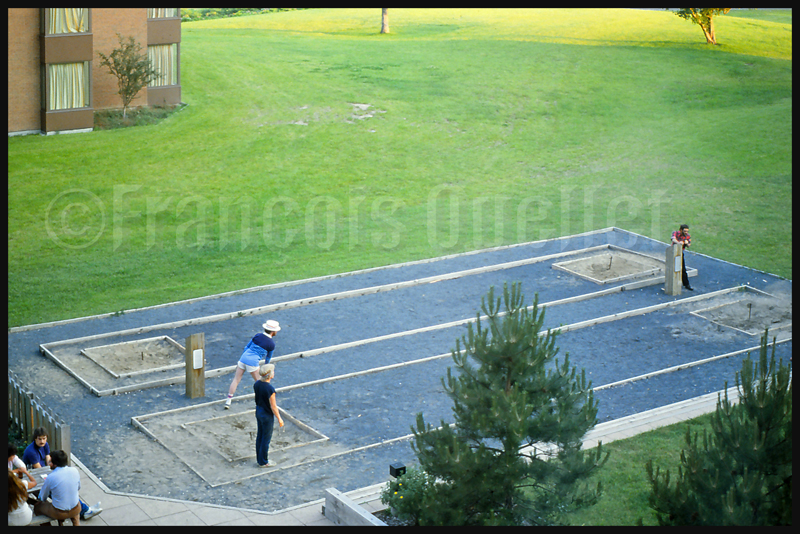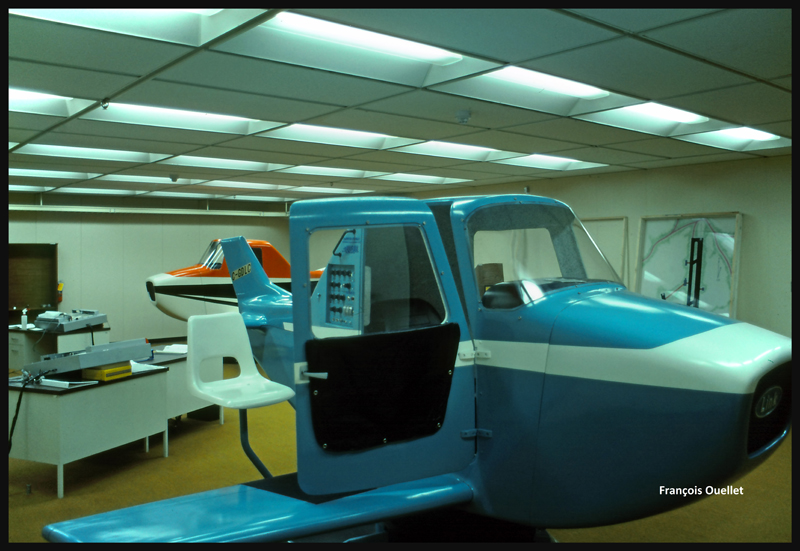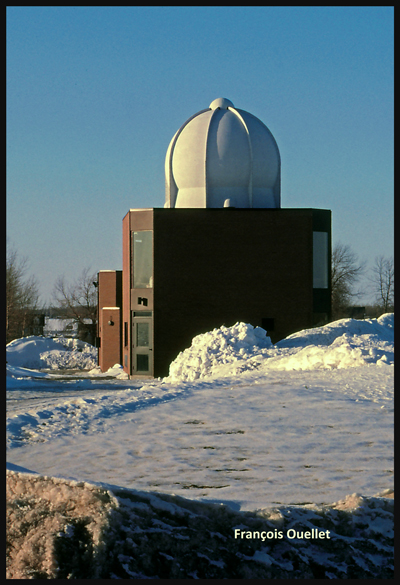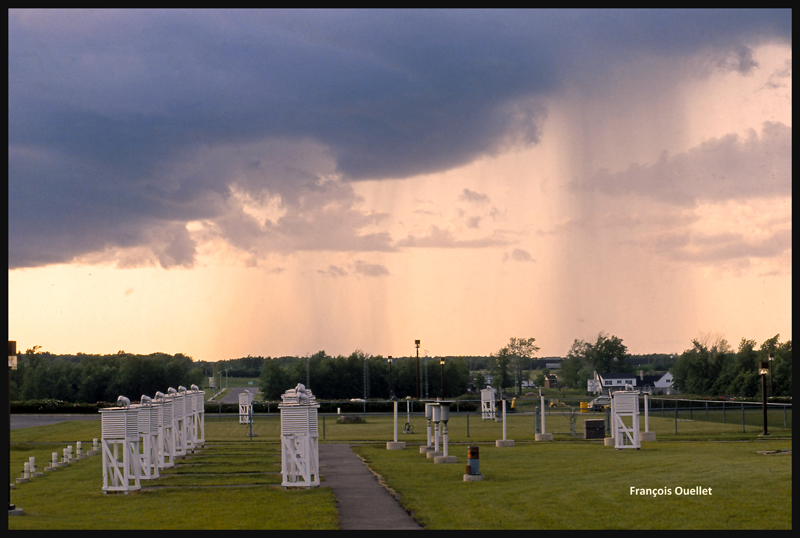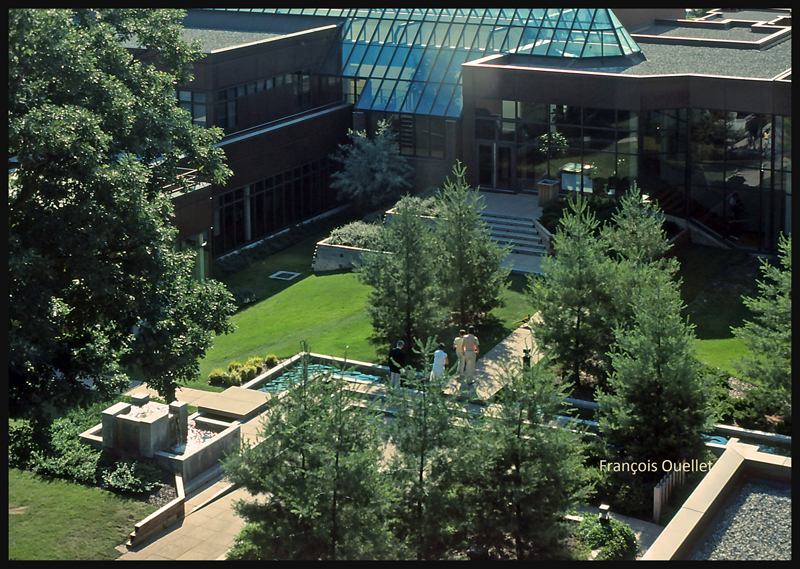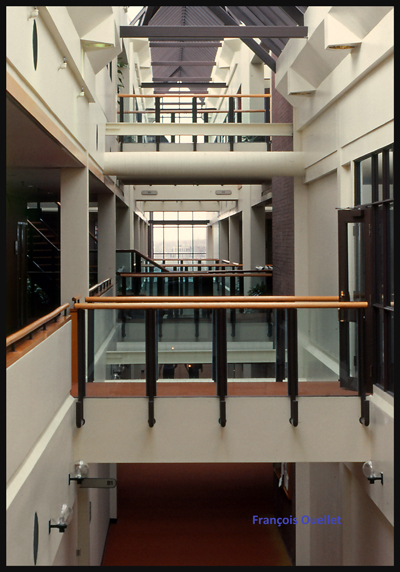(Precedent story: the flight instructor license)
In the early 80s, the oil crisis forces airlines to greatly limit hiring. This was not the case during our pilot training course but becomes a reality when applying for a job a year later.
However, on the government side, the situation is quite different. The air traffic services branch of Transport Canada is looking for new employees to replace staff approaching retirement age. The only option immediately accessible to me is to apply as a flight service specialist (FSS). I have only a rough idea of what are the responsibilities, nothing more. But the pay and advantages are far better than what is otherwise available to a new flight instructor. It is time to send in an application.
For the Province of Quebec, two written examinations totally unrelated with aviation are held at the University of Quebec in Montreal. There are 1500 candidates (5 sessions of 300 applicants) who attempt these tests during the two days allotted for the first phase of the selection process. In the following weeks and months, those who have succeeded in the written tests must then undergo anything from personal interviews to language tests, medical examinations and security clearances.
We are now three candidates from Quebec heading towards the Transport Canada Training Institute in Cornwall. There will be thirty-five hours of theoretical and practical course per week, over a six months period. The pressure will be continuous and desired in order to eliminate candidates who may not react well to stress.
We will be paid to study. A candidate is guaranteed with a posting upon completion of training, providing he manages to obtain 80% and above on the written and practical evaluations. Because this 82-01 course is not dedicated to Quebecers only, it cannot be offered in French. So it is going to be in English only, and will include twenty-four students from almost all Canadian provinces.
The Transport Canada Training Institute in Cornwall is nothing short of exceptional for those who have decided to study and succeed.
In order to help the student to deal with the weekly thirty-five hours of courses and examinations, the school provides interesting amenities.Each student has a private room with daily maid service. The cafeteria offers a good choice of meals. Calories can be burned at the pool, gym, weight room, on the tennis court or on the baseball field. A snack bar remains open for late-night cravings. A bank teller is made available to students, as well as a hairdressing salon, a bar, arcade games, pool tables, etc.
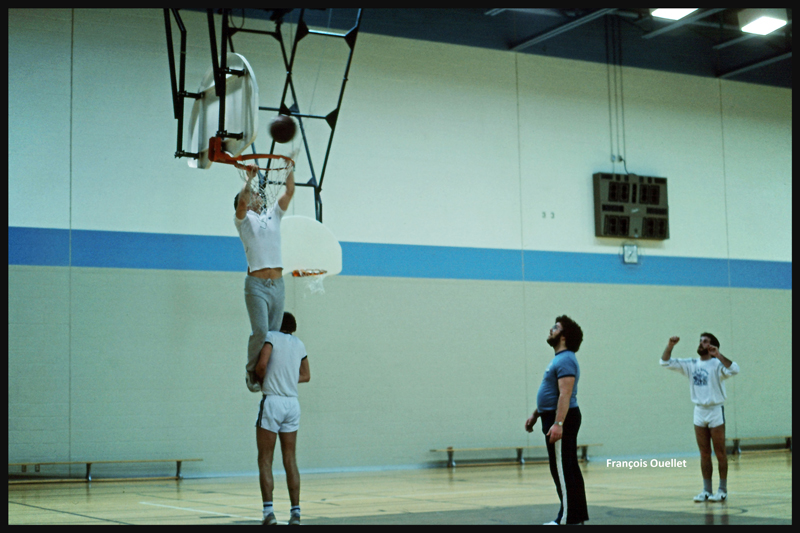
So that we understand what lies ahead, we are told that there are traditionally many students in each class who will not keep pace and will be sent home, despite their efforts. For a francophone who wasn’t using a second language on a daily basis , it is clear that integrating new theory presented in English for seven and a half hours every day, five days a week, becomes demanding. I compensate for the times when my attention decreases by studying in the evening.
There is a library in the school as well as multiples rooms for flight simulators designed for every career considered by the students.
In the courtyard, there is a peacock and other small animals and a water source flows into a very well planned landscape.
The amenities are simply stunning. The message is clear: “Transport Canada only ask you to study and succeed, it will take care of the rest.”
Finally, the moment we were all waiting for as arrived. Students who managed to get through the course celebrate their graduation.
Assignments are distributed. Those who will be working in isolated postings, in northern Quebec, are well aware that the schedule does not include holidays. The FSS will be on duty every day. The new employee will be compensated for overtime and a more expensive cost of life. He will also benefit from subsidized rents.
My departure is planned shortly for Inukjuak (CYPH), along the east coast of Hudson Bay in the Nunavik. Life will soon change radically.
(Next story: enroute to the first posting: Inukjuak)
